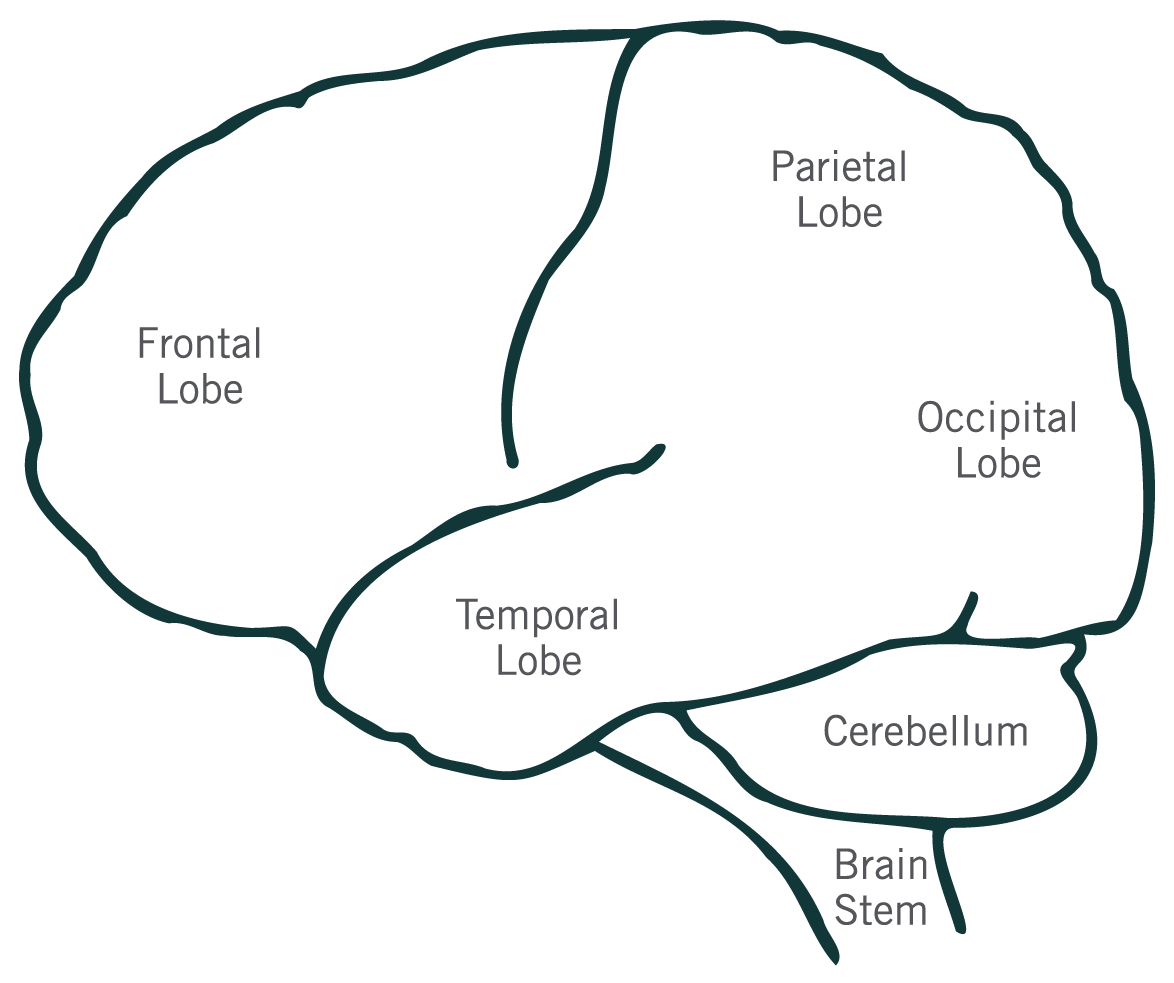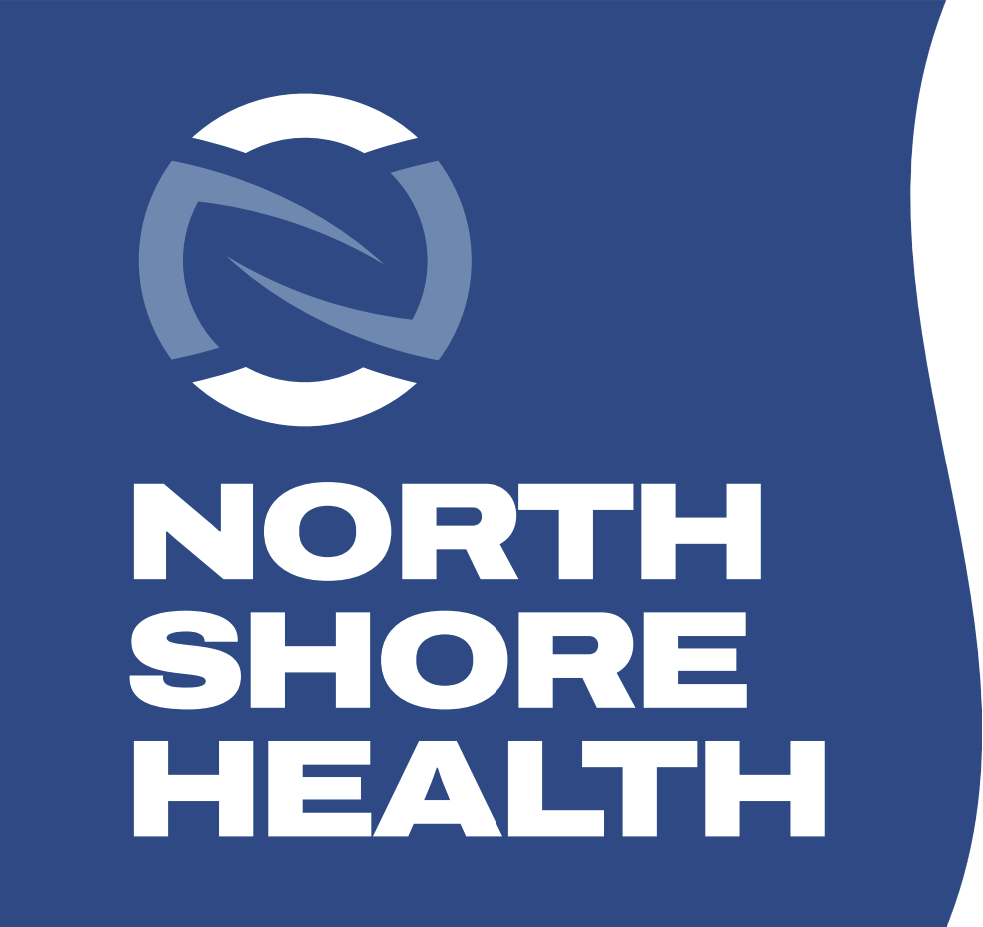brain injury rehabilitation
The right choice for your recovery journey
As one of only two post-acute neuro-rehabilitation certified programs in the state of Wisconsin, Cedarburg Brain Injury Center provides an environment and support services to allow adult individuals recovering from a traumatic brain injury (TBI) to achieve optimal level of independence before reintegrating into the community.
Recognizing the challenges associated with TBI, a highly skilled team of physicians, therapists, nurses, and support staff assess everyone’s injury, functional level, and personal goals, working together to develop a comprehensive treatment plan. By including family, friends, and loved ones, individuals receive additional support, compassion, and education. Together, we strive to help residents regain the self-confidence to continue progressing in their recovery.
Cedarburg Brain Injury sits on a stunning property, surrounded by mature trees and offering a secure homelike environment. Close proximity to the village of Cedarburg, neighborhood activities, and social outings help residents develop and strengthen their skills.
The Care Team
Residents and Families
- In addition to the residents themselves, families play a pivotal role in the treatment plan, which involves setting goals, determining needs, problem-solving, and establishing discharge processes. Families give extra support with a motivational attitude and being active in residents’ recovery.
Doctors
- Medical staff involved in our residents’ care include a medical director, physiatrist, psychiatrist, and neuropsychologist. They offer therapies and testing, prescribe medications, and assess progress regularly to modify treatment plans if needed.
Therapists
- Physical, occupational, speech-language, and recreational therapists meet with residents 3-4 hours per day Monday through Friday. Some recreational therapy is offered on the weekends. Therapies help residents return to the community as independent as possible.
Simplified Brain-Behavior Relationships
The brain controls important functions like movement, digestion, breathing, and sensory perception (for example, sight, touch, and taste). It also controls higher functions like thinking, learning, and emotions. We feel it is essential for both the individual with the brain injury and their loved ones to understand the functional areas of the brain to help guide them through the recovery process.

Frontal Lobe
Initiation, problem-solving, judgment, inhibition of behavior, planning/anticipation, self-monitoring, motor planning, personality/emotions, awareness of abilities/limitations, organization, attention/concentration, mental flexibility, speaking
Cerebellum
Balance, coordination, skilled motor activity
Temporal Lobe
Memory, hearing, understanding language, organization, and sequencing
Occipital Lobe
Vision
Brain Stem
Breathing, heart rate, arousal/consciousness, sleep/wake functions, attention/concentration
Parietal Lobe
Sense of touch, differentiation: size/shape/color, spatial perception, visual perception
